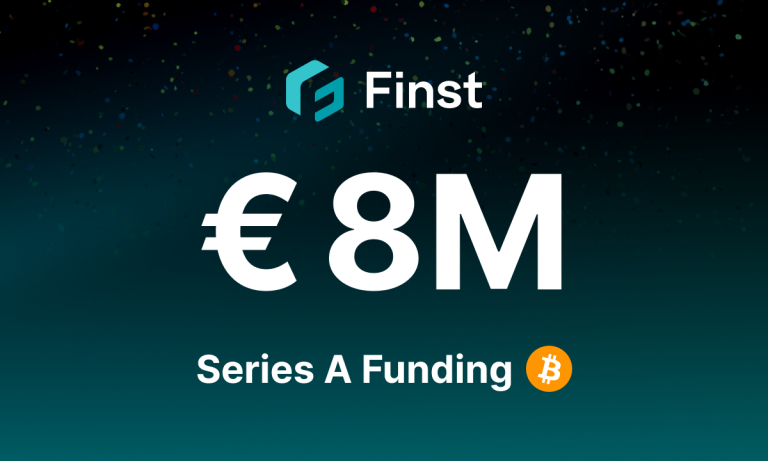
The cryptocurrency landscape continues to evolve, and Solana is emerging as a strong contender with its groundbreaking ETFs. Bitwise launched its Solana Staking ETF (BSOL) on October 28, 2025, paving the way for steady investor interest despite Solana’s token price declining since the launch.
Steady Inflows for BSOL
Despite the Solana (SOL) token dipping in value to $135.60 with a 3.5% drop as of November 17, 2025, BSOL has recorded remarkable investor inflows. According to data from Farside, BSOL has attracted an impressive $365.1 million, outperforming Grayscale’s SOL ETF (GSOL), which garnered a comparatively modest $25.3 million.
This growing investor interest in BSOL highlights a strategic shift. With Solana’s price at lower levels, many see an opportunity to enter the market cost-effectively. “Better prices, lower cost basis – this is the chance to enter at levels they missed,” noted Hunter Horsley, CEO of Bitwise, in a recent post on social media platform, X.
Institutional Money Shifts Focus
While Bitcoin and Ethereum ETFs have been experiencing substantial outflows—BTC reporting $254.51 million and ETH $182.80 million in the past week—BSOL has seen consistent daily inflows. This trend reflects growing institutional confidence in Solana’s potential.
Solana’s staking capacity, offering an attractive annual yield of approximately 7%, has been a major draw for investors. Products like BSOL allow users to capitalize on these yields while enjoying professional fund management and compliant structures.
Fidelity and VanEck Join the Solana ETF Race
The Solana ETF market is heating up, with major players like Fidelity and VanEck entering the fray. Fidelity launched its Solana ETF (FSOL) on November 18, 2025, with a competitive 0.25% fee. VanEck followed closely with its cost-effective VSOL, waiving sponsor fees on the first $1 billion in assets until February 2026, making it a compelling choice for new investors as it offers a staking yield of 6.6% annually.
VanEck’s VSOL has already begun staking nearly all of its SOL tokens, reinforcing its appeal as a yield-rich, institutional-grade product. These new players further illustrate the growing demand for structured investment products within the Solana ecosystem.
The Future of Solana ETFs
As Solana ETFs such as BSOL, FSOL, and VSOL continue to dominate headlines, they represent a shift in the cryptocurrency market. Institutional investors are moving away from direct trading and instead opting for professionally managed ETF products. These ETFs offer advantages like enhanced security, easier scalability, and reduced compliance hurdles compared to traditional crypto activities on exchanges.
Retail sentiment may remain cautious, given the decline in Solana token prices, but institutional money appears to be positioning itself for long-term opportunities. As Fidelity’s entrance amplifies competition and legitimacy, and with BlackRock still absent in this space, Solana ETFs seem poised for further growth.
Related Product Highlight
Investors seeking to take advantage of Solana staking yields may also want to explore cold wallets like the Ledger Nano X. With this advanced cryptocurrency wallet, you can securely manage your SOL investments offline, adding an additional layer of protection to your holdings.



